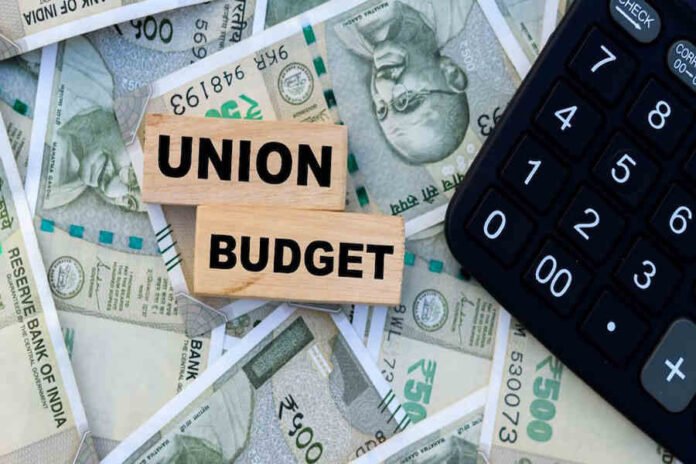On February 1 at 10.30 am, the country’s Finance Minister Nirmala Sitharaman will present the Union Budget for the sixth consecutive time. The budget is very important in many ways. Experts say that no rule came in the way of making big announcements even in the interim budget. There is a possibility that some announcements for infra and defense sectors are possible in the budget. It is also expected that Nirmala Sitharaman can give some special gift to the middle class and salaried class in the budget. The common man’s focus will be on employment. In such a situation, some scheme can also be brought, which will open up job opportunities, everyone’s eyes will also be on tax exemption, cheap houses, controlling inflation, some concession for home loan borrowers.
Waiting for income tax exemption
Everyone will be waiting for income tax exemption from Budget 2024-25. Like every time, this time too the government has received many recommendations for tax exemption. To reduce the tax burden, the government can also announce income tax exemption. It is believed that the scope of exemption under Income Tax Section 80C can be increased from Rs 1.5 lakh. With the increase in the scope of 80C, the demand for products like PPF, life insurance may also increase. Also, if there is more tax exemption on this, the middle class will directly benefit.
Difference between interim budget and vote on account
If the government does not have the mandate to govern for the entire year, then it has to refrain from presenting financial statements for the entire year. In such a situation, instead of presenting the full budget, the government presents vote on account to meet the expenses of a few months. It is also called Vote on Account Demand, Interim Budget and in common language Mini Budget. There is a provision for this in Article 116 of the Constitution. The government does not impose any new tax in this. Anyway, it is clearly mentioned in Article 265 of the Constitution that no tax can be imposed without the authority of law. Therefore, in the interim budget, the government makes department-wise allocation and presents before the Parliament the demand for funds to meet the expenses of just a few months. In this way the government takes grants in advance before the full budget comes.
What does the rule say?
It is important to understand that Vote on Account is different from demands for grants and supplementary demands for grants. Article 115 of the Constitution provides for supplementary demands for grants. In fact, when the amount withdrawn through appropriation is not sufficient for any work, then the government places before the Parliament a demand for a grant to complete that work or start a new work.
Whatever the government spends, it withdraws money from the consolidated fund. It is not that just because the budget is passed, the government can withdraw funds from the consolidated fund. For this the government has to get the Appropriation Bill passed by the Parliament. Under Article 114 of the Constitution, the Appropriation Bill is introduced in the Lok Sabha. Only after its passing can the government withdraw money from the consolidated fund. Consolidated Fund of India and Public Account are mentioned in Article 266 of the Constitution.
Whatever revenue the Government of India receives, takes loan or receives loan repayment, the entire amount should be deposited in this fund. There is a similar fund for the states also. Not a single penny can be withdrawn from this fund without investment. However, the expenses which are to be incurred directly from the Consolidated Fund of India do not require voting in the Parliament. Parliament’s approval is necessary for all other expenditure. Its provision has been given in Article 113 of the Constitution.



